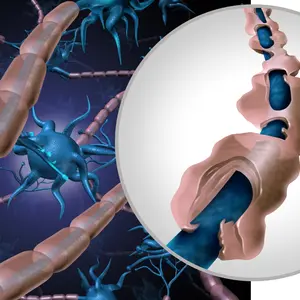

Emerging

Emerging
Cognitive Development in Early Life Linked to Brain Health Years Later
New research has revealed that cognitive health in old age is influenced by cognitive development in early life. Published in JAMA Neurology, the study shows that experiences and circumstances during the first decade of a child’s life can influence the risk of developing Alzheimer’s disease-related dementia.
A number of factors can contribute to the development of Alzheimer’s, including a diagnosis of type 2 diabetes, sedentary lifestyle, early-life stress, head trauma, and a low educational level. The missing piece of the puzzle has been an actual demonstration of the physical changes that take place in the brain that cause a decline in function.
Researchers looked at indicators of early-life cognitive enrichment (ELCE) in over 800 people who had died at around 90 years old. Before they passed away, they provided data that allowed scientists to determine their ELCE level. Information was gathered about a variety of early-life markers, including maternal and paternal educational levels, number of children in the family, availability of cognitive resources at 12 years of age, frequency of reading, early-life learning of foreign languages, and other cognitively stimulating activities.
It was found that higher levels of ELCE were associated with significantly reduced levels of changes in the brain that are associated with Alzheimer’s disease. Most people become concerned about cognitive decline only when it begins around the age of 50 or 60 years old, but the study suggests that what happens in early life sets the stage for later cognitive health. This valuable information supports the enrichment of the environment early in life. Intervention programs targeting socially disadvantaged youth can boost early-life school performance and enhance late-life cognitive resilience. Safeguarding cognitive function using this new information can help preserve young minds through old age.
REFERENCES
David Perlmutter MD. (2021, Feb. 11). Helping protect our children’s brain function for their later years. https://www.drperlmutter.com/helping-protect-our-childrens-brain-function-for-their-later-years/


 By
By



